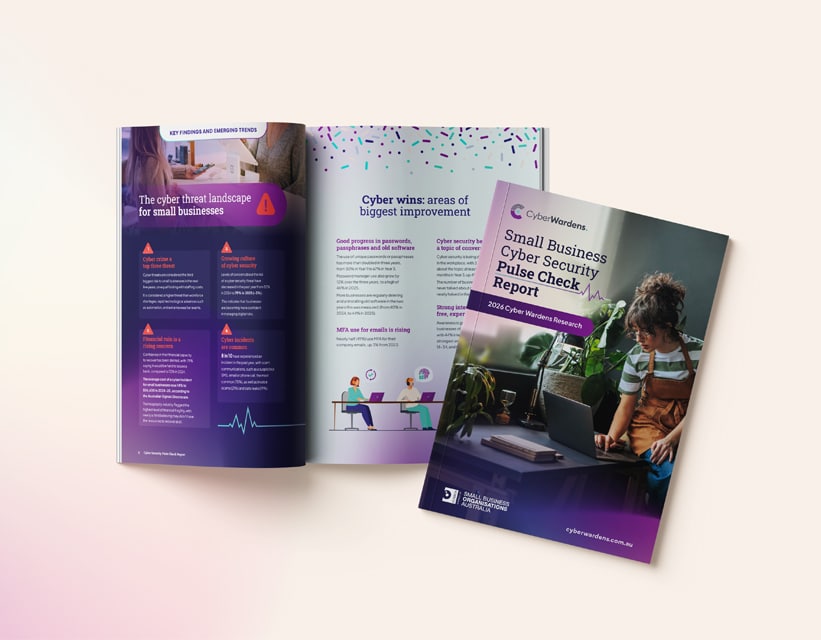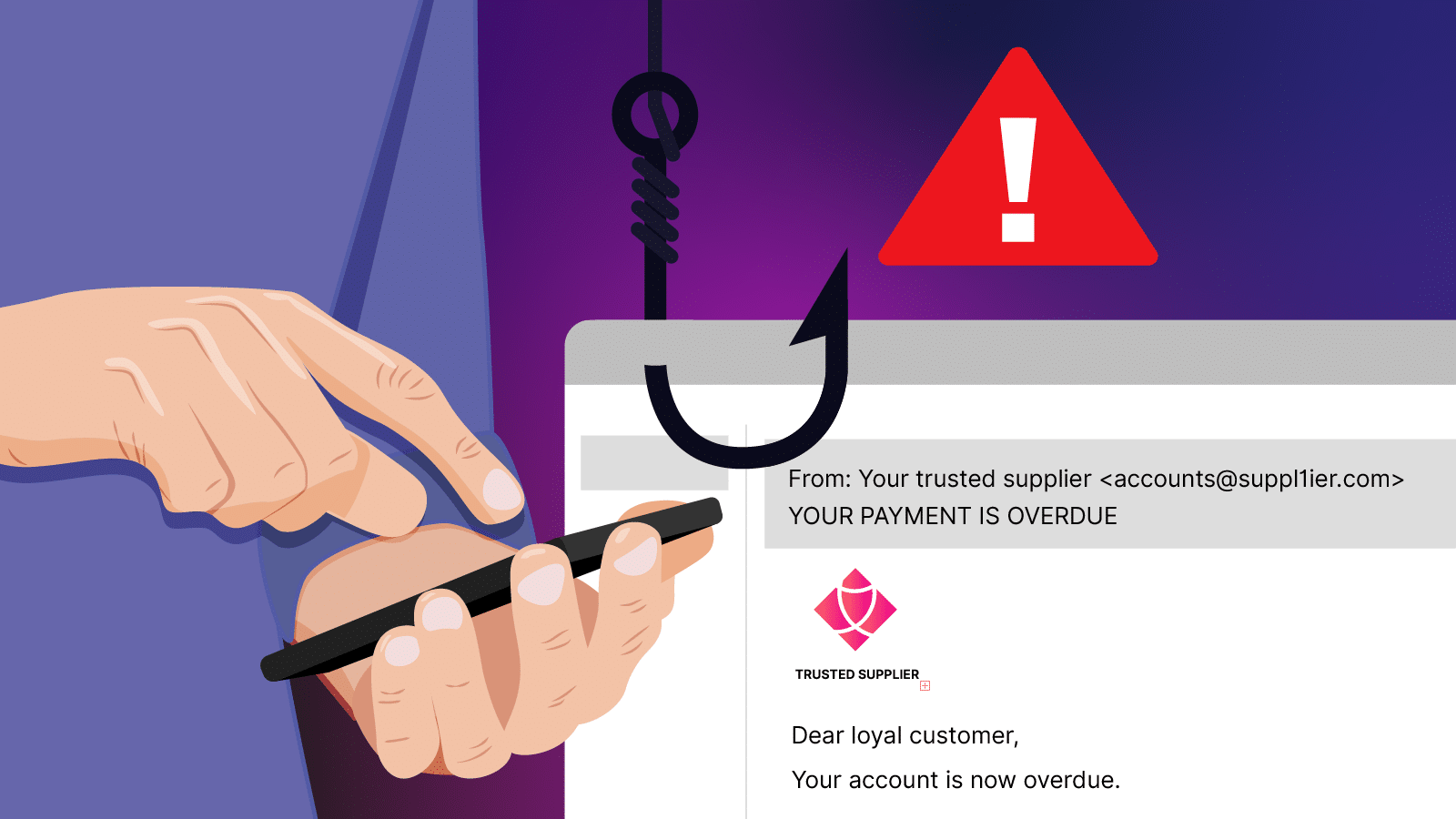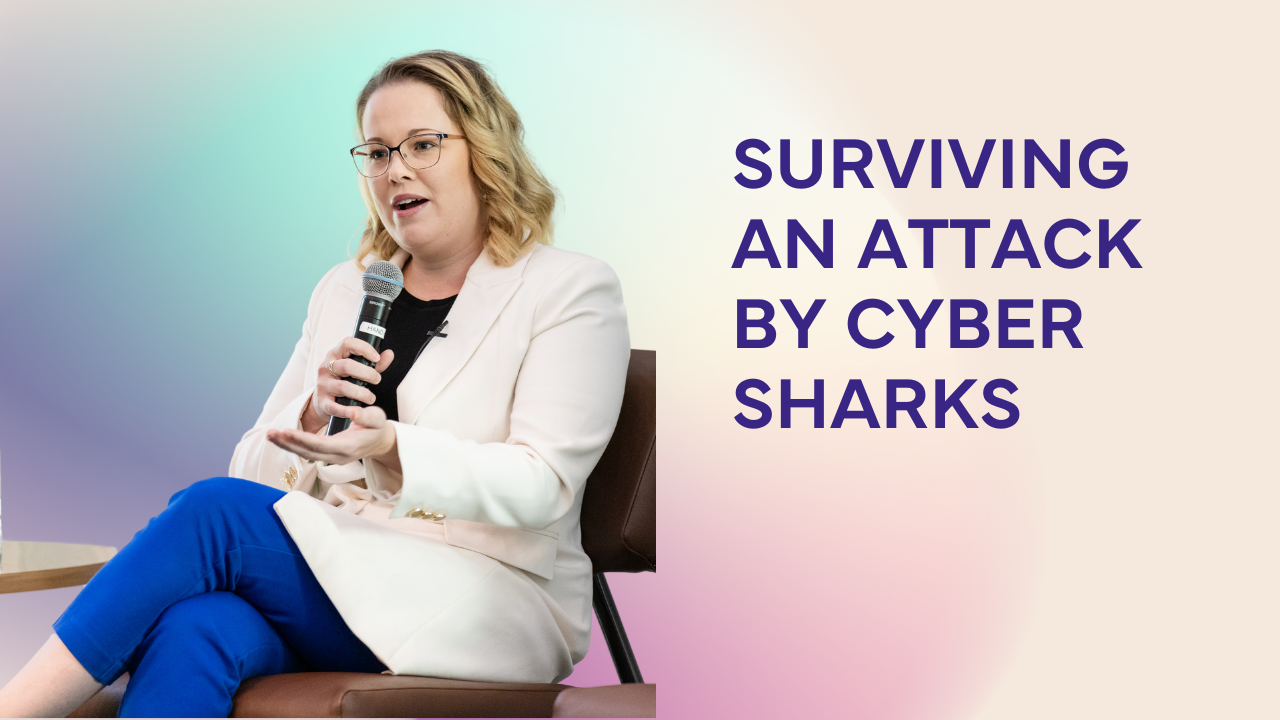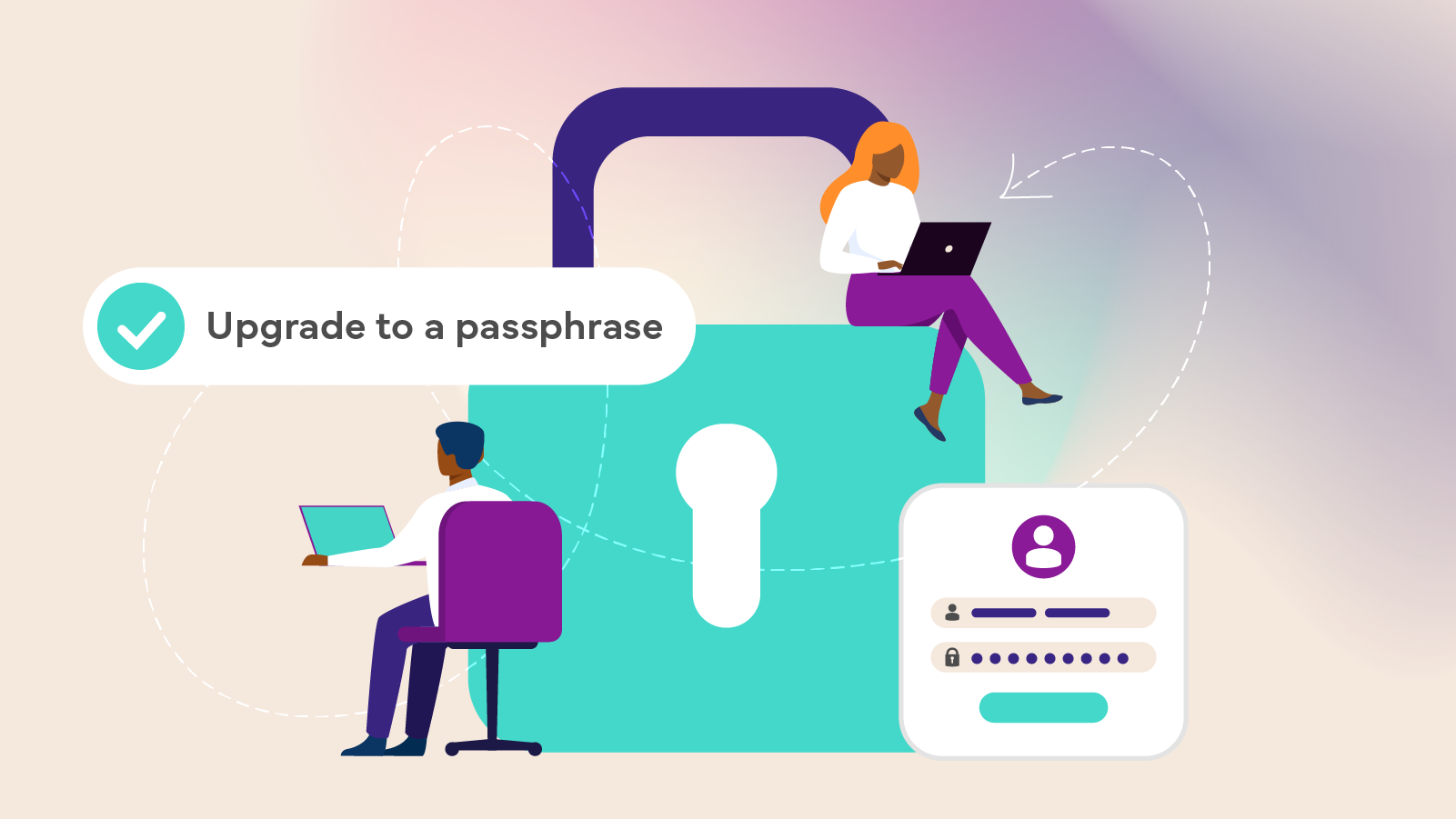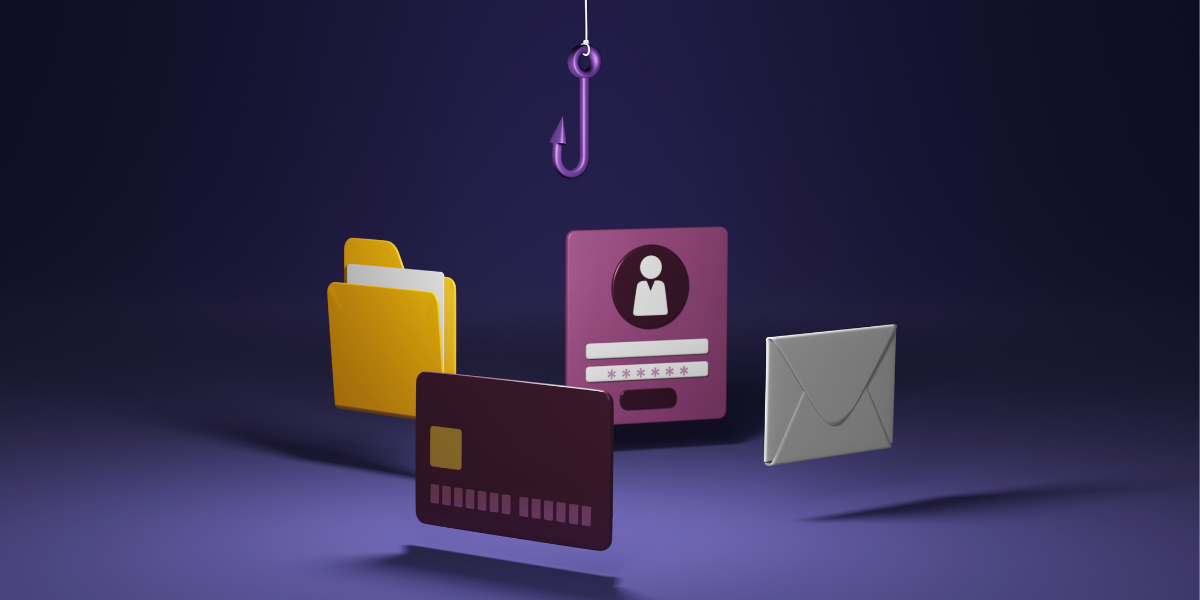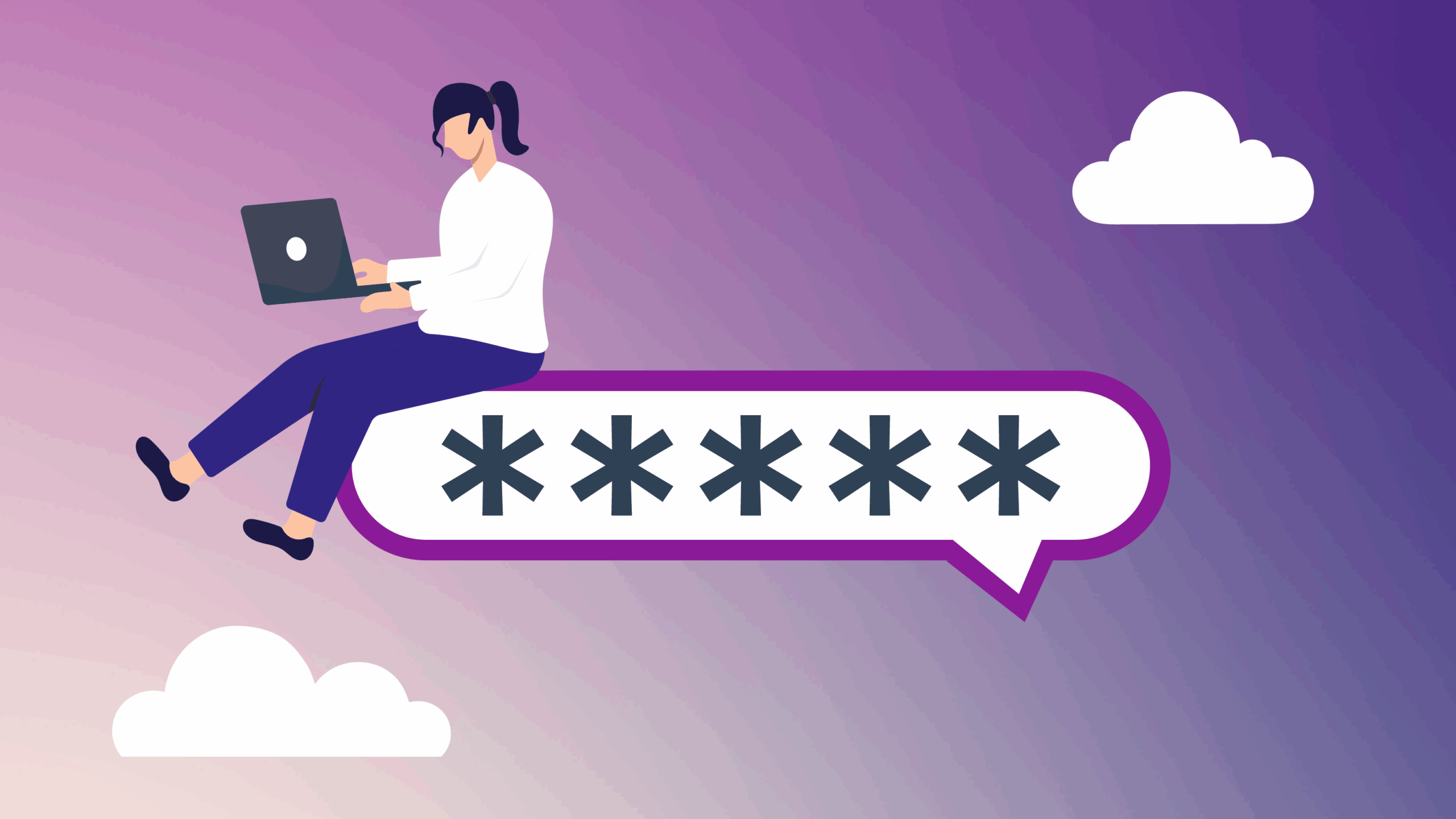The start of a new financial year isn’t just a prime time to make a date with your accountant.
It can also be a perfect opportunity to look at making some new financial year resolutions for your small business.
One of the best ways to help set yourself up for success next financial year is to take steps to improve your cyber safety.
With the average cyber crime now costing Australian small businesses an average of $46,000, it’s worth making a resolution to better protect yourself.
Here are five great new financial year resolutions that can help protect your business from cyber criminals.
1. Don’t ignore your software upgrades
It’s all too easy to click “remind me later” when those pesky software updates pop up on your phone or computer screen.
However, software updates often contain important patches or fixes for security flaws in your operating system or software.
Cyber criminals know about these weaknesses and how to exploit them.
Updating your software can close these gaps to make it harder for cyber criminals to break into your business.
Cyber criminals know this and attempt to impersonate these trusted organisations to scam small businesses.
2. Use multi-factor authentication on your devices
Multi-factor authentication (MFA) is an added layer of security for your accounts that makes it harder for hackers to break in.
Using MFA means anyone who wants to log into your account will need to supply additional information in addition to your username and password.
Some accounts use a unique text message code while others will suggest an authenticator app.

3. Pimp your passwords
The new financial year is a great time to wipe the slate clean with old passwords and usher in some new, stronger ones.
Weak passwords, especially those used across multiple accounts, are one of the biggest risks to cyber safety for small businesses.
A password manager can help you create strong passwords and save them in a secure place, meaning you don’t need to remember all of your accounts.
4. Back up your business
What would you do if your small business was the victim of a cyber attack and your critical business information couldn’t be recovered?
A loss of important business and customer data can be devastating for any small business.

One way to help protect yourself from loss is to make a plan to regularly back up your critical business information either through an external storage device or in the cloud.
While you make a backup plan, it’s a good time to consider making an emergency plan in the event of a cyber attack. A sound emergency plan will outline how staff should report a suspected cyber incident, who you would contact for help, how you will communicate any incident to customers or staff and how you will manage if critical systems are offline.
An emergency plan can help you feel in control and recover quickly in the event of a cyber threat or incident.
5. Become a Cyber Warden
One of the best investments you can make in your small business’s cyber security is to become a Cyber Warden.
It only takes 2 minutes to enrol, and the Cyber Wardens course will take you through a suite of important cyber security tips aimed at helping keep your small business cyber-safe.
It’s free and easy to enrol and would make the perfect new financial year resolution to set your business up for a more secure and successful 2024-25.
